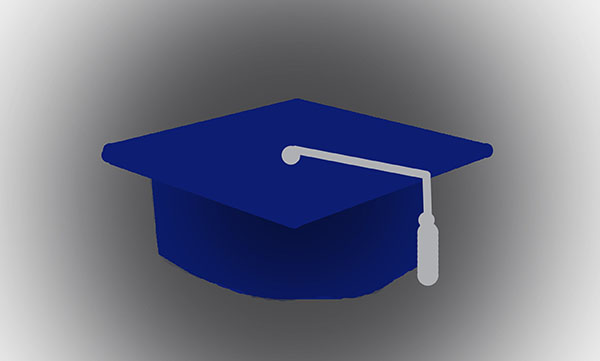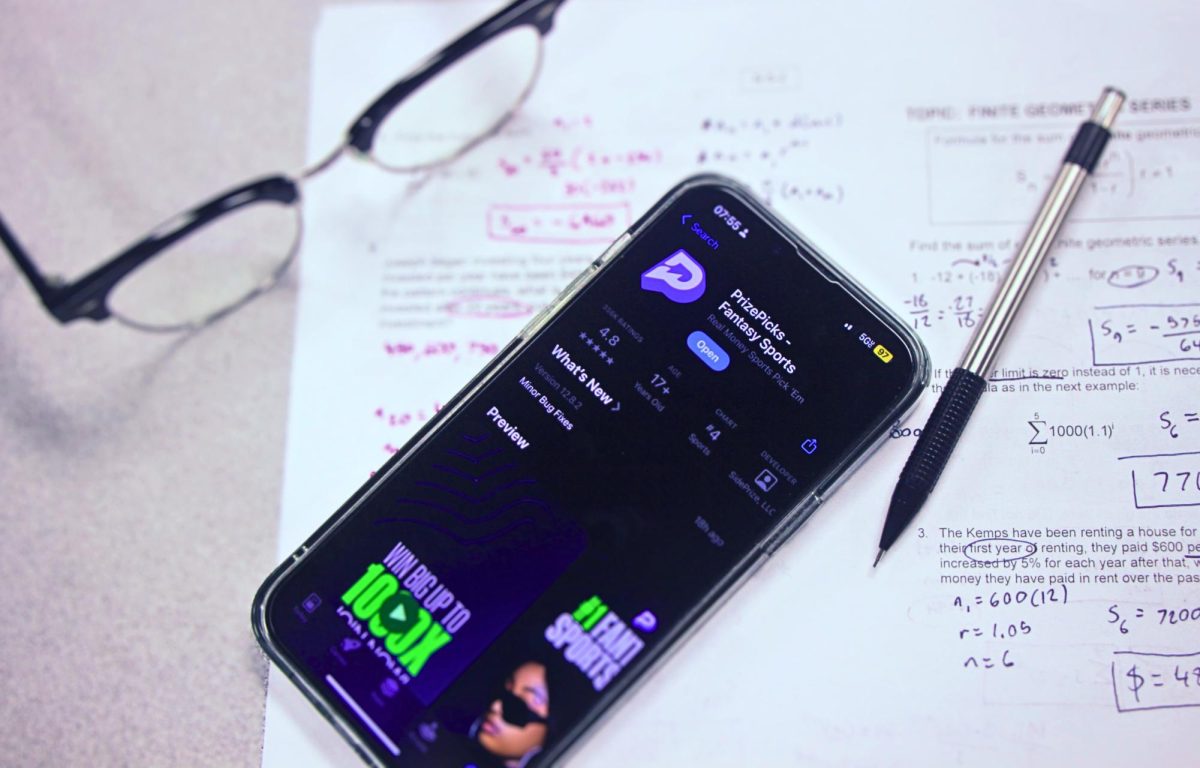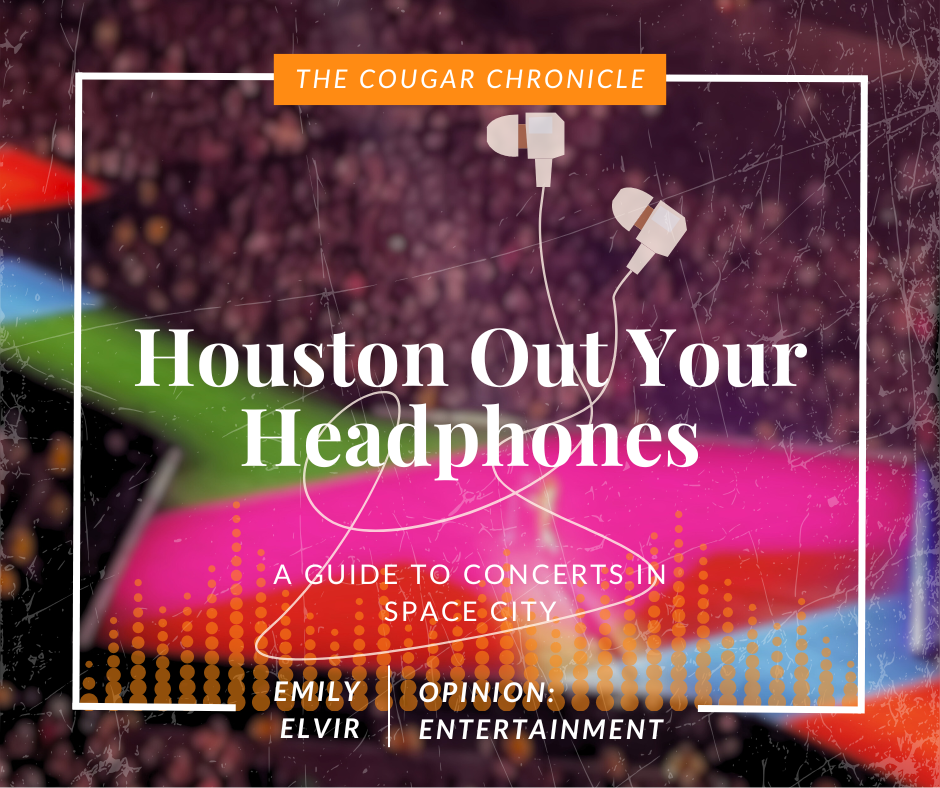Life after life skills
The path to graduation to what comes after for students in Life Skills

Illustration by Alexis Garrison
April 7, 2016
Graduation represents an exciting milestone in the life of every high school student. For students in Life Skills, the path to graduation can present unique challenges, but also offer a great amount of new opportunities.
Life Skills offers students with special needs an individualized curriculum aimed at helping students reach their own potential and aid their transition into life after high school through classes in communication, core academics and technology, with help from teachers like Annette Roosa.
“It shows me that everybody has an ability to do something,” Roosa said. “I hope that once they graduate that their parents have some type of program for them set up to assist them in the outside world.”
Each year until the student graduates, the program holds Individualized Education Plan (IEP) meetings, which involve the student and everyone involved in their education, including parents, counselors and teachers such as Schicasulyn Okonkwo.
“[Graduation is] on an individual needs basis,” Okonkwo said. “They meet every year, and they basically talk about their progress; what they want to do after high school. They talk about their postsecondary goals.”
Life Skills students must meet many of the same requirements as general education students in order to graduate, such as fulfilling 22 credits and taking STAAR tests, but the program allows the students to meet the requirements in ways best suited to them individually.
“We call it STAAR EOC alternate. It’s more individualized for our students,” Okonkwo said. “They’ve changed it within the last year, so it’s a little bit more standardized, but there are differing levels of the test.”
Programs such as VAC, or Vocational Adjustment Coordinator, allow students to go to school part time and work part time while learning professional job skills. For full-time students, teachers such as Monica Fisher focus on helping them learn the information needed for life after graduation.
“We pretty much touch on every aspect of their lives – from cooking, working, cleaning,” Fisher said. “We believe those are the skills the students need to be successful after high school.”
Even with programs such as VAC or the after-high school program Reach, which help graduating students transition, Okonkwo believes the Life Skills program can still improve in certain areas.
“You have to be very flexible if you’re in special education, because stuff is always changing,” Okonkwo said. “I wish we had something that was solid that worked well.”
As is the case with any student, the greatest resource for helping them transition into life after high school comes in the form of the dedicated teachers, counselors, therapists and paraprofessionals who help them reach their individual academic potential.
“It makes me strive to create all types of different scenarios for the students to learn from. I’m always creating, thinking, ‘how can I get them to grasp this, how can I get them to understand this or that?’” Fisher said. “I’m grateful to be able to teach what I teach, and to teach who I teach. It makes me appreciate every day of my life even more.”




